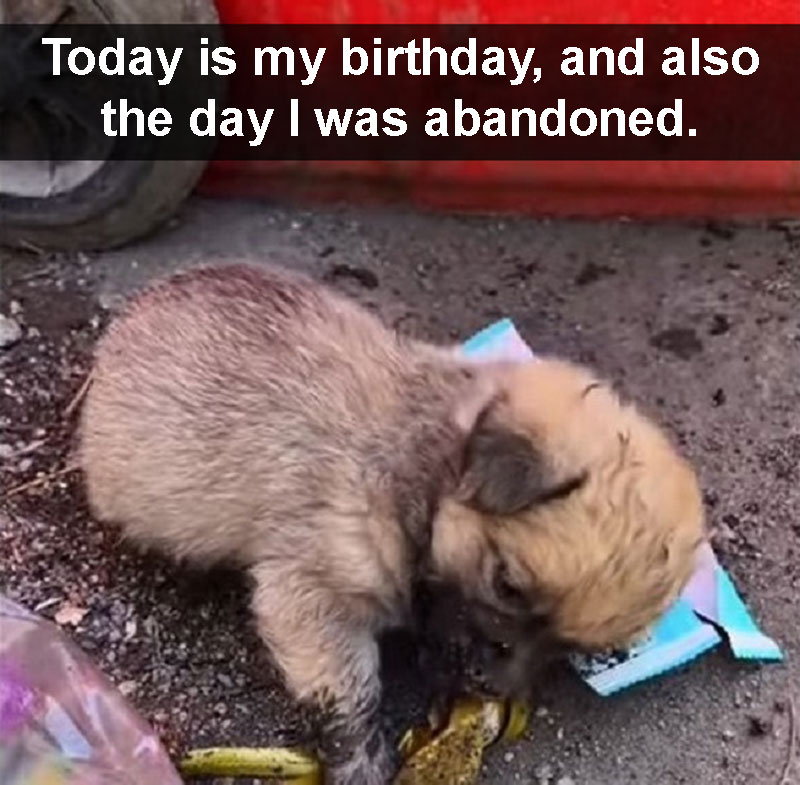The 5-meter-long Burmese python laid nearly 100 eggs in Florida, making it the largest wild nest ever built for the species.

Eggs in the nest of a giant female Burmese python. image: usgeological survey
A female python broke the world record for laying 96 eggs, said Amy Yackel Adams, a member of the US Geological Survey (USGS) team monitoring the Burmese pythons. Yackel Adams and colleagues published their findings on female pythons and recording eggs in late March 2023 in the journal Reptiles and Amphibians.
The python first came to the team’s attention on May 23, 2022, after laying down unusually large ovaries. But because of the way pythons incubate their eggs, researchers can’t accurately count the giant nests until the eggs are about to hatch. Burmese pythons often curl up tightly around their eggs and shiver to generate heat, which keeps the eggs at a steady temperature, Yackel Adams explained. Then leave when the eggs are about to hatch.
Of a total of 96 eggs, 83 hatched and the remaining 13 seemed unlikely to survive. Some of them were deformed and smaller than successfully hatched eggs. The eggs that hatched were on average 7.7 centimeters long, while the non-viable eggs were only 5.5 centimeters long. Female pythons live in the Big Cypress Nature Preserve near Florida’s Everglades wetlands. At 5 meters long, it was almost as big as the largest boa constrictor ever recorded in the area.
According to Yackel Adams, local wildlife has been dealing with more and more carnivorous pythons in recent decades to the point where there are no more swamp rabbits or deer in Everglades National Park. . Burmese pythons are not native to Florida and generally belong to the group of invasive species native to Southeast Asia. Their numbers have steadily increased since the 1970s.
Although Burmese pythons are non-venomous and often evasive, so they do not pose a threat to humans, breeding of Burmese pythons can wipe out native animals. Boa constrictors take down their prey by crushing to death and then slowly digesting the prey.
they are kang (Theo IFL Science)






















